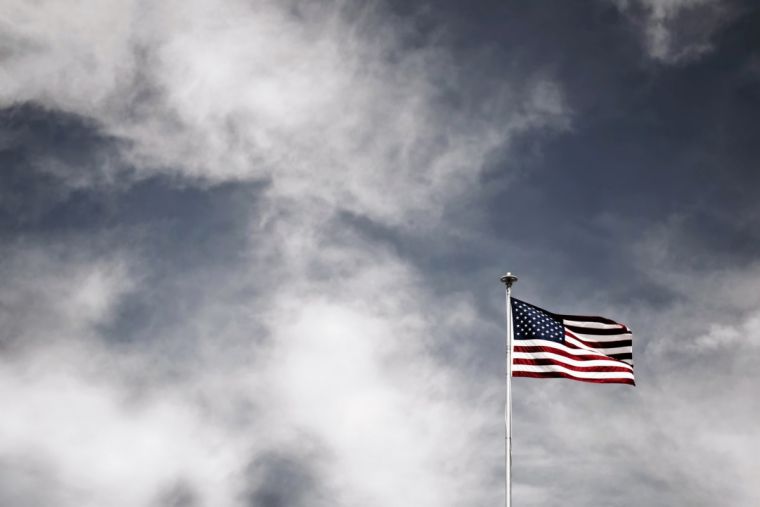America's churches are 'too segregated', say Christians

A new survey from Lifeway Research found that less than half of Americans believe the nation's churches are too segregated, yet most believe religious leaders play a "positive role" in improving race relations.
The survey of 1,200 Americans released Tuesday found that 42% of U.S. adults believe "churches in America are too segregated," while 36% disagree and 22% aren't sure.
Americans are evenly split on the question of whether the nation has "come so far on racial relations," with 46% agreeing and 46% disagreeing. However, white Americans are the most likely to say we've made significant progress (51%), while African Americans are the most likely to disagree (66%).
Overall, 38% of white Americans and 52% of black Americans believe churches are too segregated. When thinking about how to improve race relations, most Americans (57%) say religious leaders play a positive role.
In 2014, 74% of Americans agreed the nation has "come so far on racial relations." The newest survey found a 28-point decline on that question.
"With a change in methodology from telephone in 2014 to online, we cannot say definitively if this decreased optimism is an actual change in sentiment or increased forthrightness," said Scott McConnell, executive director of Lifeway Research. "Regardless, optimism on race relations is lower than we previously thought."
Most Americans (58%) say race relations grew "more strained" after former President Donald Trump was elected in 2016. Eighteen percent say race relations stayed the same, while 11 percent say they improved.
Nearly seven in 10 Americans (69%) say racial diversity is good for the country, while just one-quarter (23%) say it is not.
"This seems to be an area where pastors are influencing those who are in the pews," McConnell said. "In the 2017 Lifeway Research study, 93 percent of Protestant pastors said every church should strive to achieve racial diversity. Those that attend more frequently are more likely to see diversity as a benefit to our country."
In a previous report, LifeWay Research found that fewer pastors, particularly white congregation leaders, said they are willing to preach sermons on race compared to 2020.
Similarly, a Barna report released in September 2020 found that white, self-identified Christians in the U.S. have become less motivated to address racial issues and are less likely to believe that the country has a race problem compared to 2019.
In a 2020 sermon, Village Church Pastor Matt Chandler criticized churches and pastors who don't want to "get involved" when it comes to issues of race but would rather "preach the Gospel to that." He said he finds such responses "hypocritical."
"You don't just preach the Gospel on sex trafficking. You don't just preach the Gospel on the issue of life and abortion. No, you act," he said as he got riled up. "It's like this brain-broke disjoint that's got us acting absurd and then critiquing this movement as being evil and dark when we have given up our inheritance!"
Chandler challenged those who want to "point out all the flaws in this current movement while you have abandoned the place that we were meant to play!"
"You cannot point out all the 'well, this means this, and this believes this, and that's this, and that's this,' and ignore the sorrow and lament of 12 to 13 million image-bearers in our country!" Chandler exclaimed. "You can't do that!
"We mourn with those who mourn. And yes, there are demonic and evil ideologies at play," he continued. "But that's where the people of God are meant to run with light and the Good News of the Gospel of Jesus Christ, not to sit back and snipe via social media."
In 2018, Chandler, who also leads the Acts 29 church planting network, said that he would often be accused of being a Marxist or being influenced by liberal media if he preached on issues of race, but would be praised for addressing issues like abortion.
Courtesy of The Christian Post











